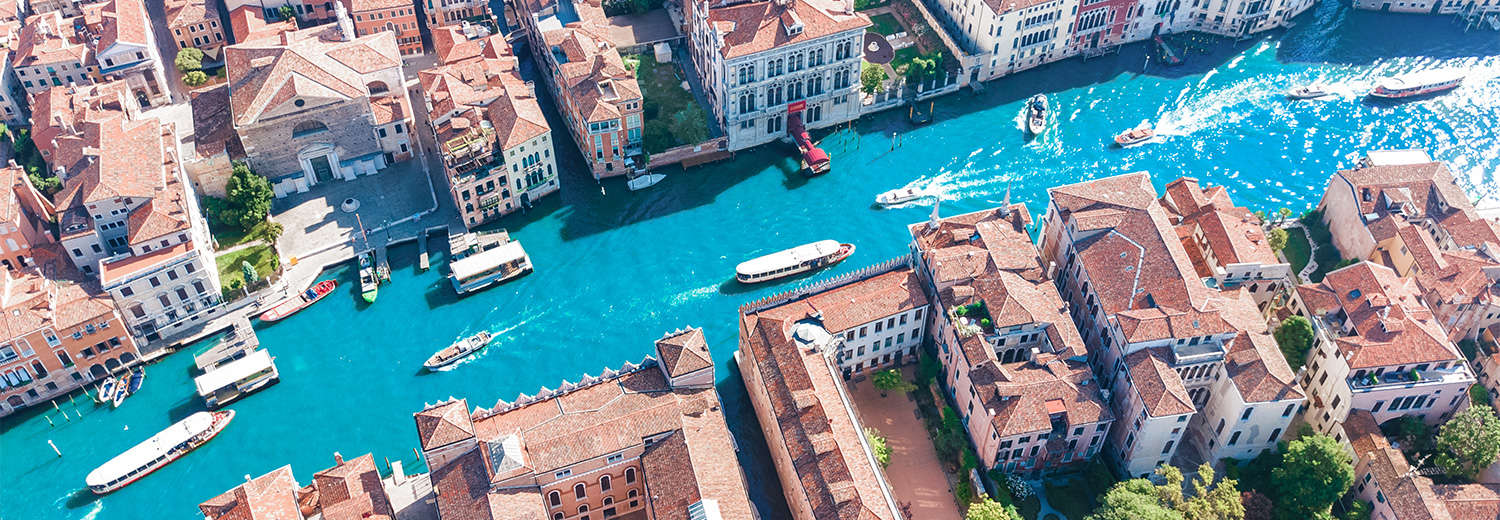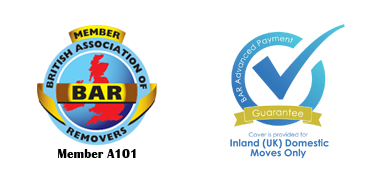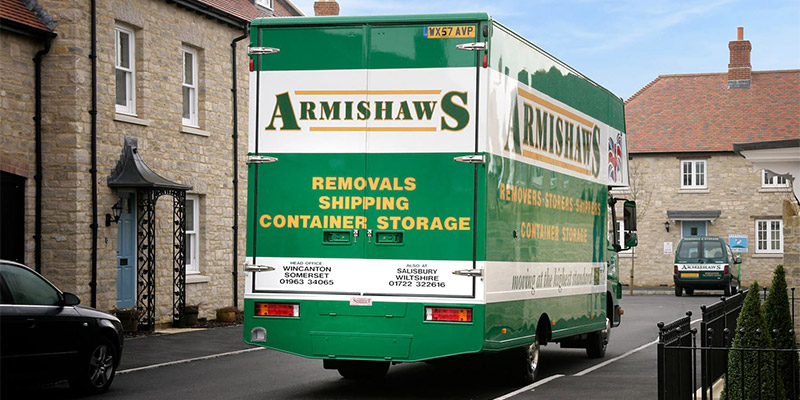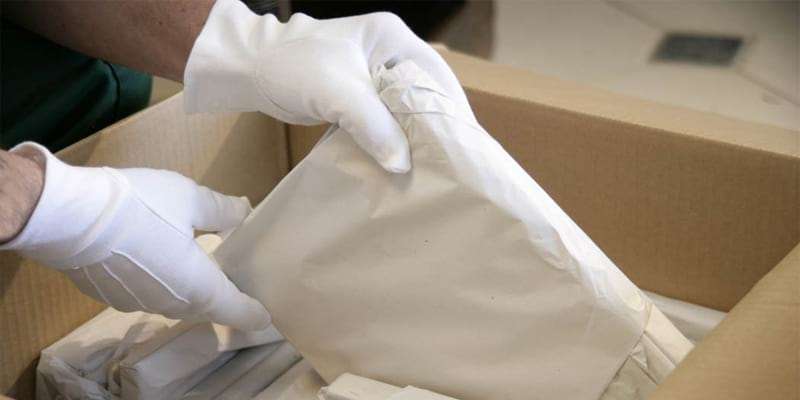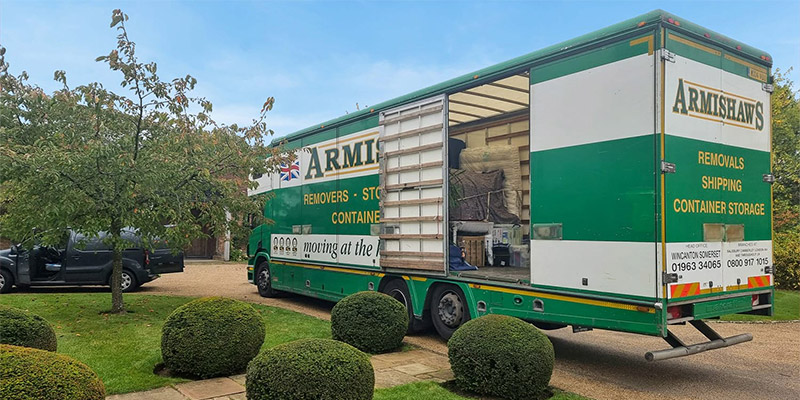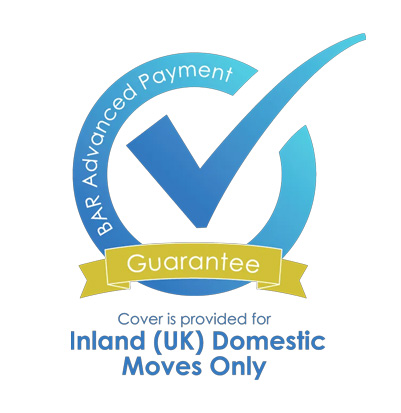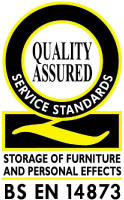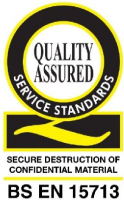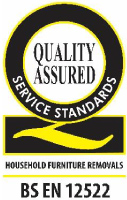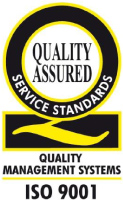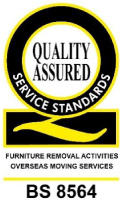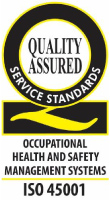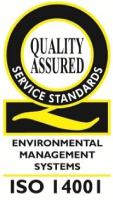11 Essential Tips For Moving To Italy
Complete Guide to Italy Removals
There4’s no denying the fact that moving home is stressful and while we’d love to sugar coat it, the fact is overseas removals come with a few added issues to overcome. It certainly isn’t insurmountable, thousands of Brits have made the move to Italy. Our top tip is to use an company with experience of Italy removals to help guide you through the web of paperwork, customs and procedures. To help get you started, here’s our quick guide.
How much does it cost to move to Italy?
There are a number of variables that will decide the cost of your move; the distance travelled (the Italian peninsula extends over 620 miles), volume of items, size of property, number of days required, storage options… Our friendly team will be happy to talk to you about costs (we don’t do hard sell!) and arrange a free, no hassle quote.
Do I need a specialist removal company?
Yes. Any removals company working internationally must have an ECMT International Removals Permit. Without the correct documents they won’t be able to operate in Europe which could result in delays, extra costs and even fines.
Air Freight or Land/Ferry?
Air freight is undoubtedly faster (depending on the destination airport), however speed comes at a premium and air freight costs are considerably higher. Traditional road/ferry removals are a most cost effective option.
What paperwork will I need to move?
- Visa
- Passport
- Proof of address
- Proof of income or means of support
- Health insurance
- Customs declaration for goods in transit
You must also register at your local police station within 8 days of arrival to get your Residence Permit, ‘Permesso di Soggiorno’.
Ready to start planning your move? Get a free quote.
What paperwork do I need for my pets?
- Pet passport
- Microchip
- Recent health check
- Proof of rabies vaccination
Do I need to register for tax?
Yes, like pasta and opera, taxes are unavoidable in Italy. This is something that can be arranged through your employer. If you are planning on staying and earning in Italy long term, you should also contact HM Revenue & Customs in the UK to make sure you’re not still be charged tax back in Blighty.
Banking In Italy
It is advisable to open an Italian bank account, that can make banking much easier as not all Italian companies will work with international banks. You’ll need a bank account to set up most utility services (internet, phone, electricity, etc). It is still traditional in Italy to pay bills through the post office (Poste Italiane) complete with traditional queuing and occasional tutting. This is increasingly changing and direct debits direct to companies or digital bank transfers are on the rise, although as stated, Italian banks are preferred.
Do we need health insurance?
Yes, you should have health insurance set up before arrival. Italy has an excellent national healthcare system, once you secured health insurance, you can then apply to pay national healthcare contributions. Many companies run health insurance schemes so if you’re intending on working, speak to your employer about private healthcare and/or national healthcare contributions.
Can I use my driving license?
You can use your UK license for up to 12 months, after this you must have an Italian license and will be required to take an Italian test.
By law you are required to ensure your car has a reflective warning triangle and high-visibility jackets for every occupant.
Can I take my car?
Yes, however it is against the law for anyone who has been living in Italy for 60 days or more to drive a car registered outside Italy. That essentially means you have 60 days in which to register your car for Italian use. Your car will need to undergo the Italian equivalent of an MOT and switch to Italian number plates. You’ll also need proof of insurance and ownership (V5C).
A word of caution – Italian driving is renowned the world over for its somewhat aggressive nature (this maybe a little harsh but Italians freely admit a love of hand gestures and verbal onslaughts!). A right-hand drive car does come with added risks, vision is impaired at junctions and overtaking can be more dangerous, we’d always advise anyone moving overseas to adapt to left-hand drive as soon as possible.
What should I look for in my Italy removals company?
Firstly, they must have ECMT International Removals Permit to be allowed to operate in Europe. Unfortunately some companies do try and operate without the required documents, this can result in delays, having your items returned to the UK and fines. Always check your removal company’s credentials. Secondly, find a company with experience. Overseas removals are more complex and require a number of different bodies all coming together to ensure a smooth relocation. Having a longstanding network of port agents and familiarity with the Italian customs system can make a huge difference and remove much of the stress for you.
All the above information was correct at the time of writing. Italian legislation is liable to change and we recommend you check with the correct Italian authorities prior to your move.

